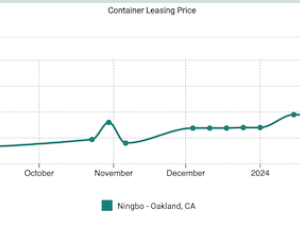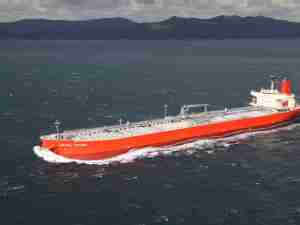Indonesia ore export ban will kill off domestic mining
By: Reuters | Dec 10 2013 at 06:06 PM | Maritime
Indonesia’s mining industry will be killed off by a planned ban on unprocessed mineral exports, a domestic miners’ association said, accusing the government of favoring international firms that can more easily adapt to the new rules.
The ban by Indonesia, the world’s top exporter of nickel ore, coal and refined tin and a major supplier of bauxite, would force miners to build smelters or sell ore to companies with smelters, reducing profit margins for smaller operators.
“The national mining industry will die before it develops,” the Indonesian Mineral Entrepreneurs Association said in a statement, arguing that the ban favours firms such as Freeport McMoran Copper & Gold Inc and Newmont Mining Corp that have been operating in Indonesia for decades.
The new rules, due to take effect from Jan. 12, are part of efforts by Indonesia to win a greater share of its resource wealth, but opposition has been mounting amid depressed metal prices and a widening trade deficit.
Mining contributes about 12 percent of gross domestic product (GDP) for Southeast Asia’s largest economy.
Lawmakers on Thursday rejected a central government proposal to allow miners with serious smelter plans in place to get an exemption from the ban.
Regional governments also plan their own export rules, that may further complicate matters for miners.
Shipments of bauxite have risen sharply as buyers stockpile in preparation for the planned stoppage, while potential mining investors such as UC Rusal and Glencore-Xstrata Plc are watching for clues on how the rule will be implemented.
The mineral entrepeneurs association said long-standing international miners would be able to build smelters, “after looting our natural resources and enjoying especially low royalties for decades.”
They would also be able to buy ore cheaply from local miners that couldn’t afford to build smelters and other infrastructure. The local industry would be “killed”, and only a handful of miners would survive, it said.
Newmont declined to comment. A spokeswoman for Freeport was not immediately available.
Nomura has said the rule could cost Indonesia as much as $400 million a month in lost export revenue, which would have a substantial impact on its $700-million-a-month trade deficit.
However, the government has said the impact of the ore export ban would be “more or less neutral or relatively manageable”.
“Though unprocessed material exports will decrease, we have a number of policies that would be able to compensate,” Finance Minister Chatib Basri told reporters. (Reuters)









